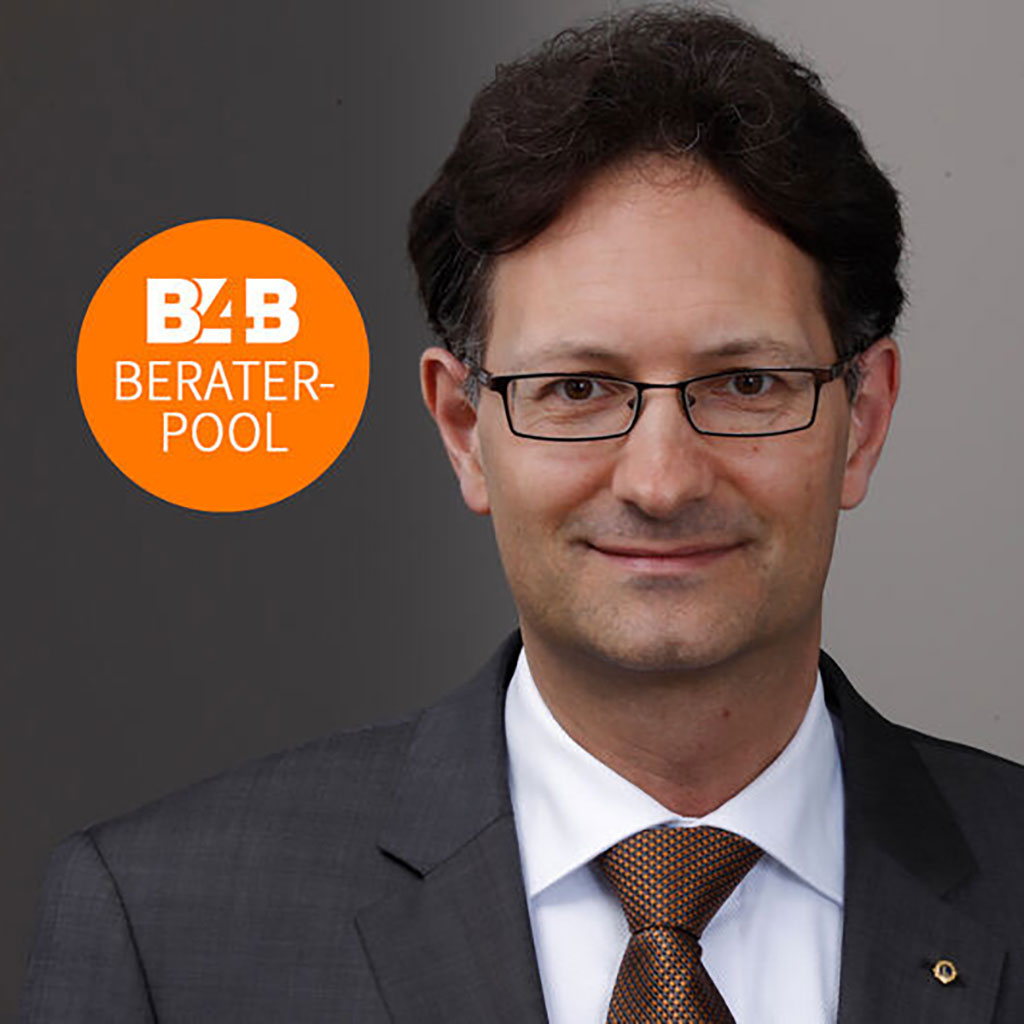
by Dipl.-Phys. Dr. Stefan Gehrsitz
Patent attorney Dr. Stefan Gehrsitz, Charrier Rapp & Liebau
How do I handle patents from new employees?
B4B reader asks:
We want to hire two employees, both of whom already hold patents from their scientific work. How do we deal with these patents, which are very useful for us? Buy them up, acquire exclusive rights of use, or pay patent fees as normal?
Expert Dr. Stefan Gehrsitz, patent attorney at CHARRIER RAPP & LIEBAU answers:
First, it would have to be clarified who is the owner of the already existing patents based on the scientific work of the two employees. Should a university or a research institution be the owner of the patents, an agreement would have to be reached with the university or the research institution with regard to a transfer or licensing of the patents.
Who is responsible for the remuneration?
The two employees are at most indirectly affected by this agreement, namely only with regard to any inventor remuneration. The agreement with the university or research institution would have to clarify, in particular, how the two employees are to be remunerated in accordance with the requirements of the Employee Inventions Act and who is to assume responsibility for the remuneration. If the two employees hold the patents themselves as owners, an agreement can be made directly with the two employees with regard to a transfer or licensing of the patents.
The principle of private autonomy applies
In both cases, i.e. in the case of an agreement with a university or research institution or an agreement with the two employees, the principle of private autonomy applies, i.e. the legal relationship between the parties involved can be freely structured. For example, it is possible to acquire the patents by purchase – that is, against payment of a one-time purchase price – or to license the patents – that is, to acquire an exclusive or non-exclusive right to use the subject matter of the patents against payment of a license fee.
This party bears the costs
The agreement with the university or research institution, or the two collaborators, would also need to clarify who is to be responsible for maintaining the patents in the future and bear the costs incurred in doing so. If the patents are acquired by purchase, the acquirer usually bears the costs of maintenance. In the case of licensing, the licensor usually bears the maintenance costs.
Do you have any questions for Patent Attorney Dr. Stefan Gehrsitz, or would you like more in-depth advice?
